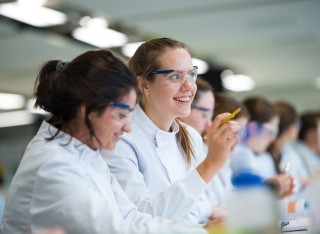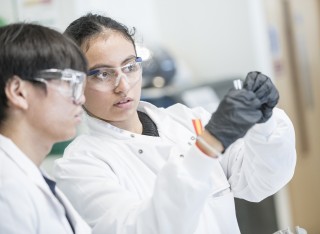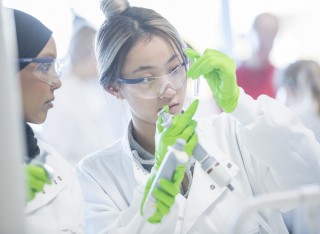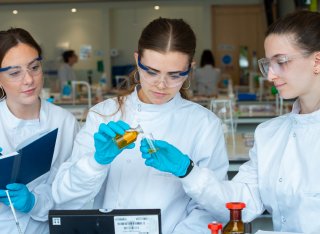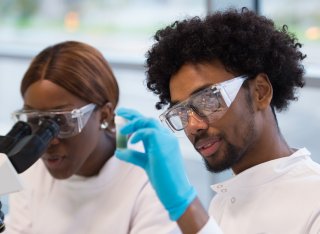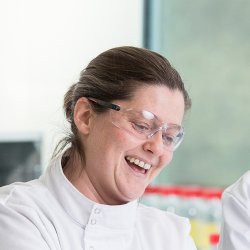
Dr Alison Cottell
Senior Lecturer in Microbiology
BSc (Hons) MSc PhD FIBMS FHEA FRBS
About
Biography
Prior to working at the University of Surrey, I worked in the healthcare sector as a Biomedical Scientist, and for Wessex Environmental Microbiology Service. I have also worked as a lecturer in Biomedical Science at Manchester Metropolitan University.
University roles and responsibilities
- Programme Director for Biomedical Science BSc
My qualifications
2007
Postgraduate Certificate in Academic Practice, Manchester Metropolitan University
2006
Ph.D. University of Brighton, School of Pharmacy
2002
Registration as a Biomedical Scientist with the Health Professions Council, specialising in Medical Microbiology.
2001
M.Sc University of Surrey
1999
B.Sc (Hons) University of Southampton
Affiliations and memberships
Higher Education Academy
Fellow
Institute of Biomedical Science
Fellow
Microbiology Society
Member
Royal Society of Biology
Fellow
News
ResearchResearch interests
My research interests include a range of clinical bacteriology topics such as:
Control and prevention of nosocomial infections
Bacterial co- and cross-resistance between biocides and antibiotics
Healthcare-associated biofilms
Research interests
My research interests include a range of clinical bacteriology topics such as:
Control and prevention of nosocomial infections
Bacterial co- and cross-resistance between biocides and antibiotics
Healthcare-associated biofilms
Teaching
Undergraduate
I teach on the following courses:
- Biochemistry BSc (Hons)
- Biological Sciences BSc (Hons)
- Biomedical Science BSc (Hons) or MSci (Hons)
- Microbiology BSc (Hons)
- Veterinary Biosciences BSc (Hons)
I teach on the following modules:
- BMS1026: Microbiology: Introduction to the Microbial World
- BMS1035: Practical Biomedical Bacteriology
- BMS2037: Cellular Microbiology and Virology
- BMS2044: Microbial Communities and Interactions
- BMS3079: Human Microbial Diseases
- BMS3074: Epidemiology of Infectious Diseases
Postgraduate
I teach on the following modules:
- MMIM031: Antimicrobial Agents and Chemotherapy
Publications
A Cottell, SP Denyer, GW Hanlon, D Ochs, J-Y Maillard (2009)Triclosan-tolerant bacteria: changes in susceptibility to antibiotics, In: JOURNAL OF HOSPITAL INFECTION72(1)pp. 71-76 W B SAUNDERS CO LTD
